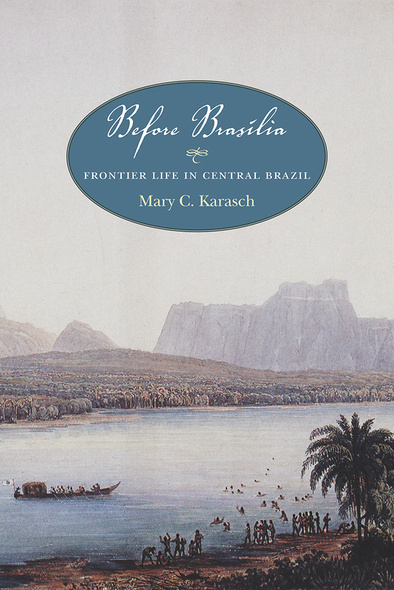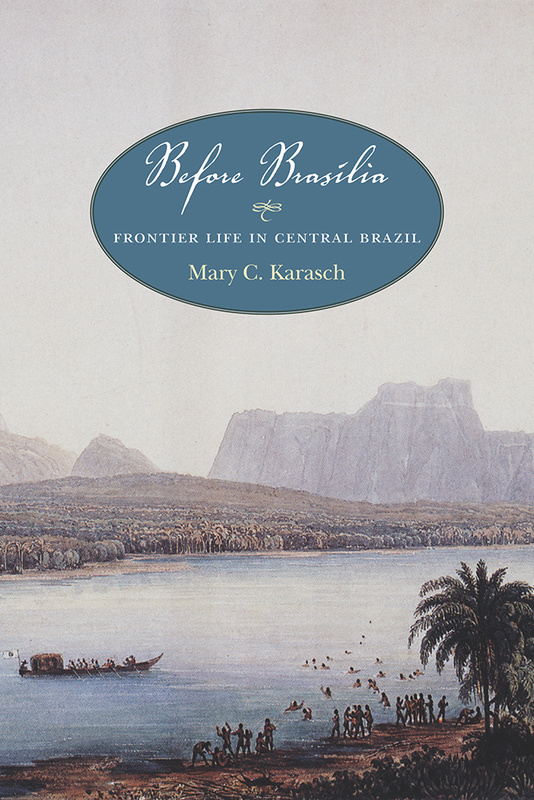
2017 Choice Outstanding Academic Title
Before Brasília offers an in-depth exploration of life in the captaincy of Goiás during the late colonial and early national period of Brazilian history. Karasch effectively counters the "decadence" narrative that has dominated the historiography of Goiás. She shifts the focus from the declining white elite to an expanding free population of color, basing her conclusions on sources previously unavailable to scholars that allow her to meaningfully analyze the impacts of geography and ethnography.
Karasch studies the progression of this society as it evolved from the slaving frontier of the seventeenth century to a majority free population of color by 1835. As populations of indigenous and African captives and their descendants grew throughout Brazil, so did resistance and violent opposition to slavery. This comprehensive work explores the development of frontier violence and the enslavements that ultimately led to the consolidation of white rule over a majority population of color, both free and enslaved.
A work of superb scholarship that illuminates an area of Brazil and of Brazilian historiography too long neglected. Anyone interested in late colonial / early empire Brazil will find it fascinating.'--David McCreery, author of Frontier Goiás, 1822-1889
In this long-awaited book, Mary Karasch provides a comprehensive history of Goiás in the eighteenth and nineteenth centuries. Extensive archival research allows her to describe the major indigenous groups, the nature of conquest society, the first prospectors and their gold fields, the key roles played by royal officials and the church, and the lives of slaves, the free poor, and women.'--Alida C. Metcalf, author of Go-Betweens and the Colonization of Brazil, 1500-1600
Mary C. Karasch is a professor emerita of history at Oakland University. She lives in Tempe, Arizona. Her 1987 book Slave Life in Rio de Janeiro, 1808-1850 won the prestigious Albert J. Beveridge Award from the American Historical Association.





